Computational Heirlooms
Longevity and long-term value in digital artifacts
year
2018
discipline
Interaction Design
with
Aykut Coşkun, Ylva Fernaeus, Morten Fjeld, Özgün Kılıç, Asım Evren Yantaç
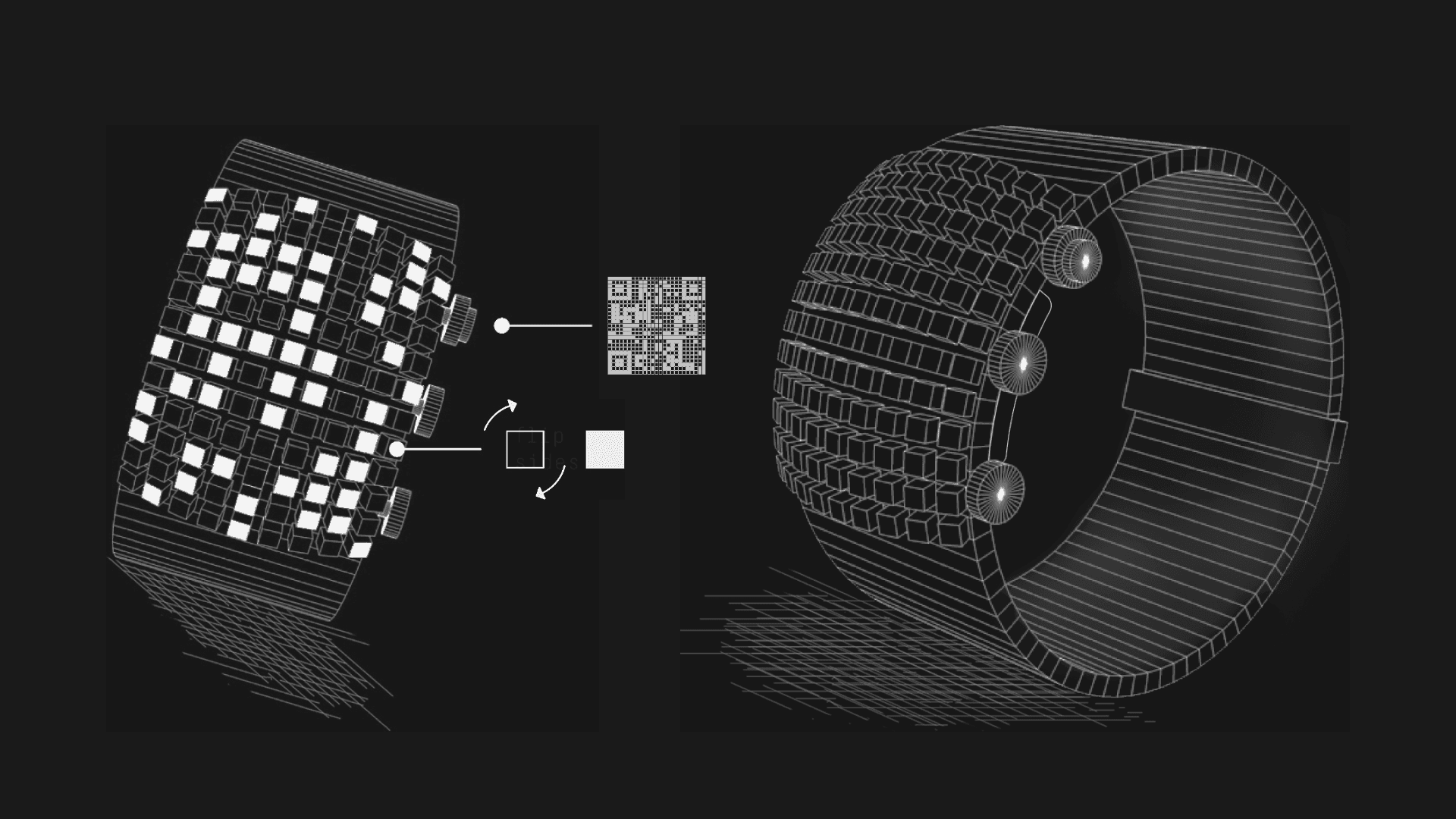
I buy a new computer every two years, and a new smartphone every five years.
At the same time, I wear a mechanical wristwatch manufactured in 1971, more or less every day. In fact, I have been wearing it for more than 15 years. Before that, my father wore it for years before stowing it away in a drawer for me to discover.
Computers today can have infinite forms, and infinite functions; but fall short of embodying this kind of longevity and value. What would it take to have the kind of "user experience" that a 50-year old mechanical gadget provides, coupled with the powers of modern computing? What would it be useful for? And what possibilities would it open up, that we can't even imagine today?
Can we design and build computational artifacts today, that are intended to outlast their owners? Can we somehow make computational artifacts that, after decades, will be still as functional and valuable (if not more valuable) as on day one?
Computational Heirlooms is a conceptual design space, constructed through philosophical inquiry and literature synthesis, to provide a foundation for future product designs.
It articulates, first, an ethos and theory for user experience, where patterns of use, function, and emotion that are innate in many physical, mechanical devices are transposed onto software and electronics. Second, it identifies two "design materials" which are well-suited to embody this ideal: blockchain-based software and mechanical devices built with materials and fabrication practices we see in mechanical wristwatches. Finally, it proposes a particular manifestation of this concept, grounded in a real use case: access and authentication using a mechanical wristwatch-like wearable.
The project interweaves experience-centered research on value and sustainability in product design + technical analyses of "material properties" in software, electronics, and traditional craft + comparative economics of software and consumer electronics industries vs. "ensouled" luxury craft objects.
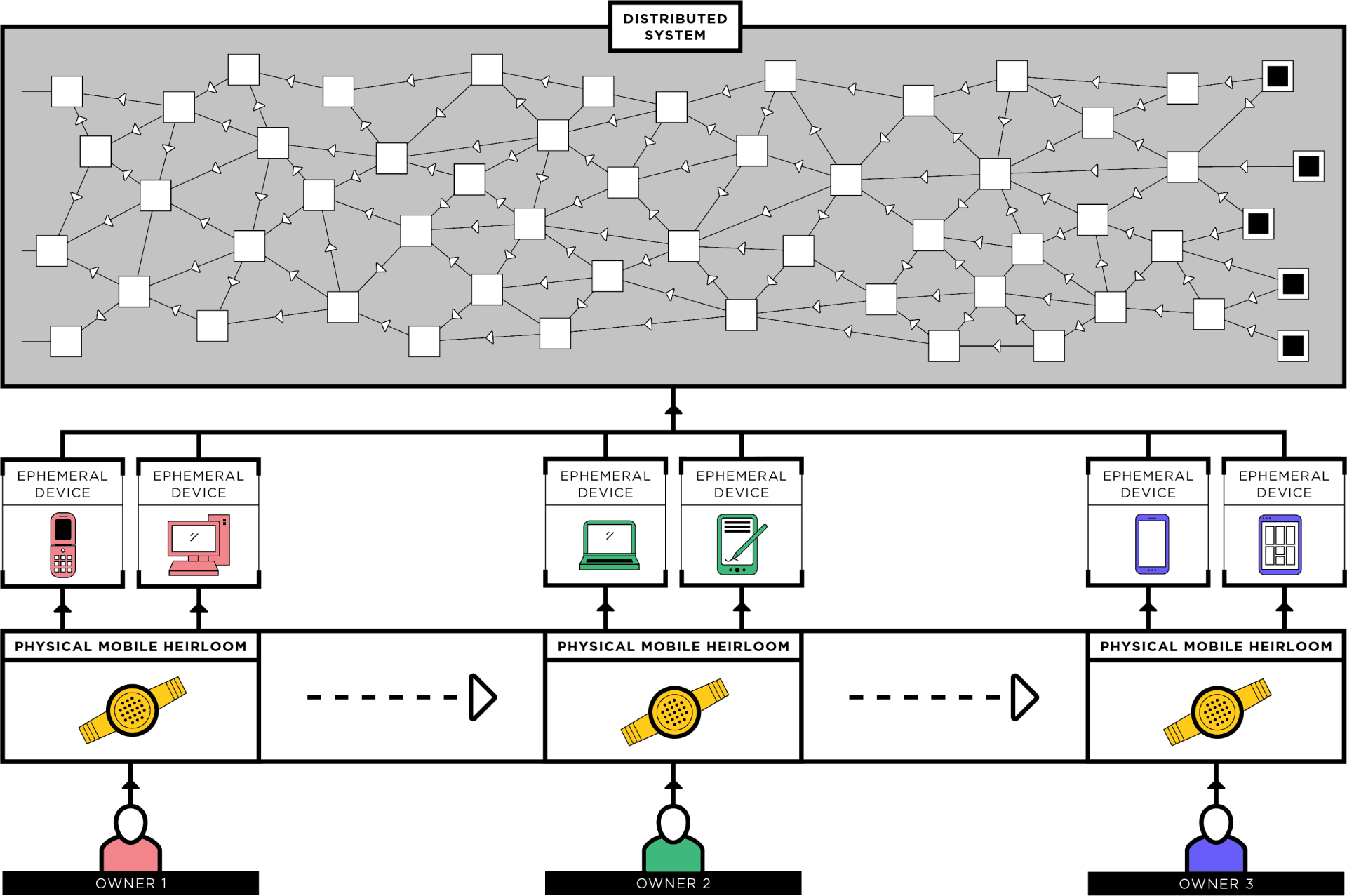
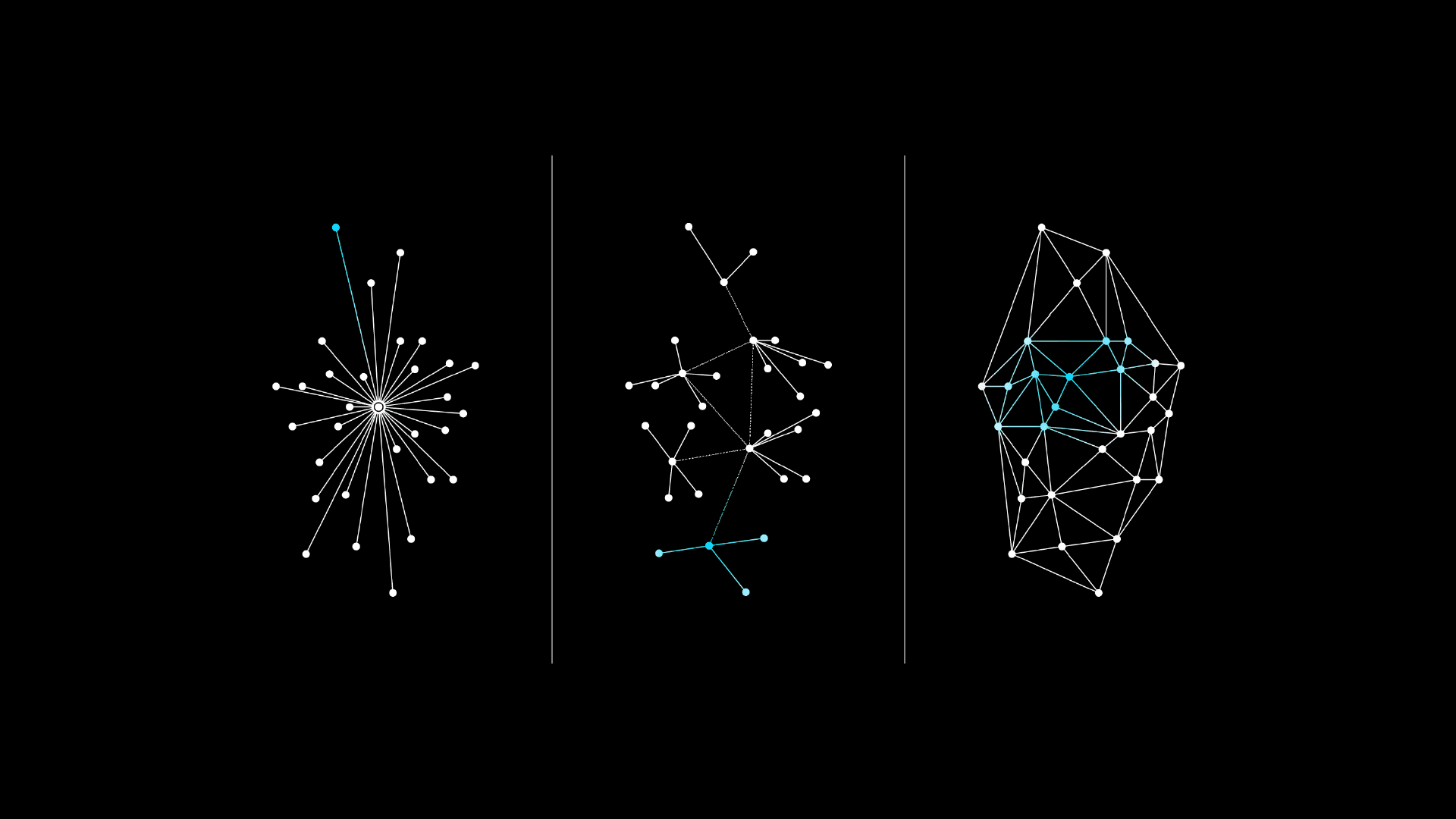
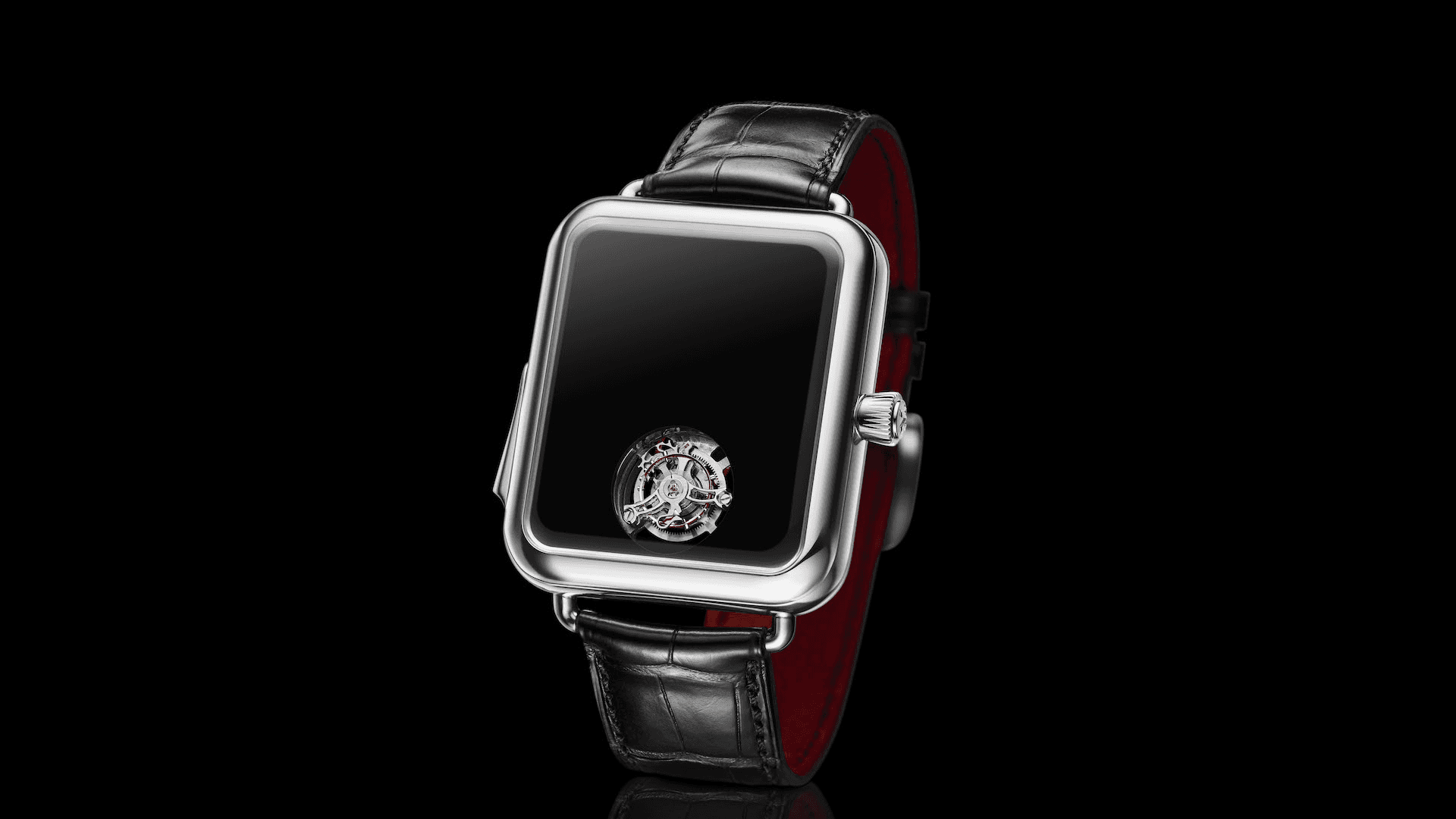
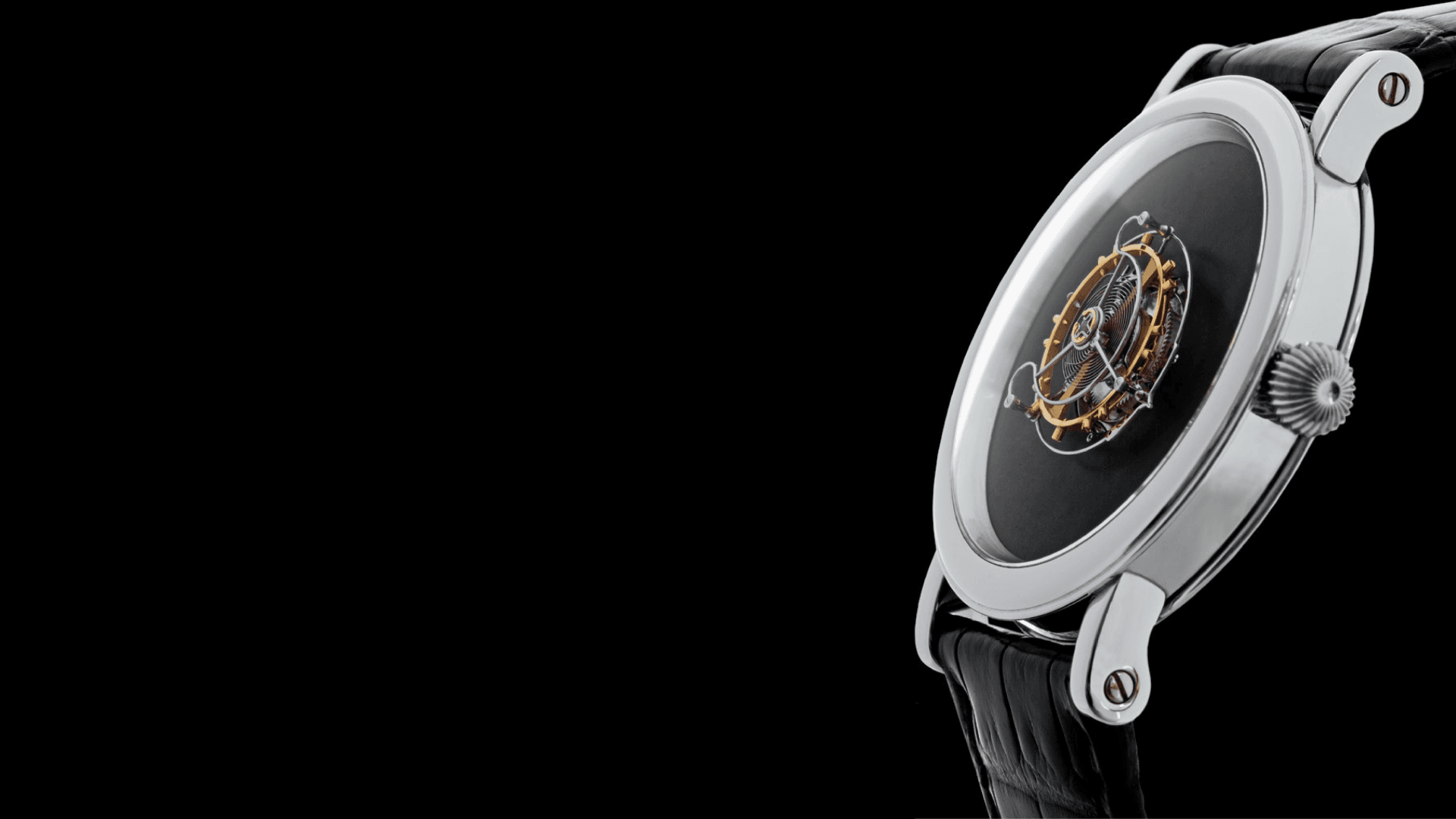
Selected Results
Project Precious Keys: Long-Term User Experiences with End-user Authentication Hardware (2020 -- 2023) funded by Vetenskapsrådet (Swedish Research Council) – Natural and Engineering Sciences (Grant #2019-04826)
Mehmet Aydın Baytaş, Aykut Coşkun, Asım Evren Yantaç, & Morten Fjeld (2019). Appreciating Digital Materials for Longevous Computational Artifacts. Paper for the CHI ‘19 workshop Towards a Responsible Innovation Agenda for HCI. [PDF]
Mehmet Aydın Baytaş, Aykut Coşkun, Asım Evren Yantaç, & Morten Fjeld (2018). Towards Materials for Computational Heirlooms: Blockchains and Wristwatches. In Proceedings of the 2018 Conference on Designing Interactive Systems (DIS ‘18) (Best Paper Award). [PDF]